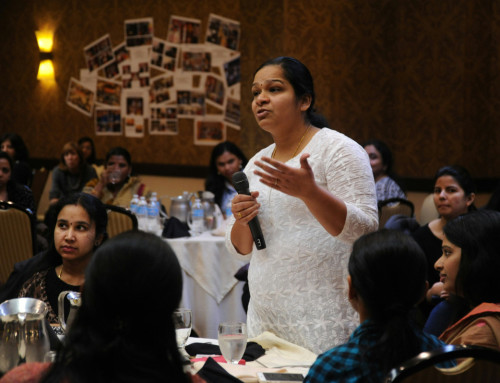There are many challenges that present in relationships and how we connect to and with each other. The list will almost always be non-exhaustive, because there are so many different circumstances, nuances, iterations of life going on that inform how these elements show up.
However, misunderstanding is arguably one of the most frequent that comes up. It might be the way someone says something, that they don’t say what you think they should or want them to, that they don’t say anything at all. All of these on their own leave space for us to make up stories about what we determine they mean.
Brené Brown talks a lot about making up stories and how we fill in gaps of meaning:
“In the absence of data, we will always make up stories. In fact, the need to make up a story, especially when we are hurt, is part of our most primitive survival wiring. Mean making is in our biology, and our default is often to come up with a story that makes sense, feels familiar, and offers us insight into how best to self-protect.“
So what’s one way we can counteract this absence of data and, potentially, create more understanding in our connections with others?
Ask questions
So often the fear of hearing what we most don’t want to, or of going deeper into our connections can stop us from asking questions in order to understand something that we don’t, yet. Sometimes it can be a story about ourselves and how we ‘should’ already understand something the other is saying. Sometimes it can be a story about what they might perceive of us if we ask more questions. Sometimes it’s simply not knowing how to ask the questions without it escalating.
Imagine the things we could gain to understand about someone close to us if we simply ask a question.
“What do you need from me for us to move forward in this scenario?”
“Can you explain a little more about what you mean when you say/do ***?”
There are certain questions that suggest accusation or blame, and then there are questions that invite curiosity and a genuine quest for understanding.
Once you’ve asked a question, what then?
Pause and listen
As hard as it may be sometimes, pause and give space for the other person to consider, pause themselves (if they need to) and then respond in their own words. Otherwise we’re asking the questions to tick a box, not to actually help resolve anything.
Listening to the response is a key part of good communication.
It’s not enough to only look at what we’re saying when it comes to practicing good communication. Asking the question and then stepping back so the other person feels the space to step into and share is what ties it all together. Our good communication doesn’t amount to much when we’re not using it to connect genuinely with others.
Building your communication skills is about building your connection skills. Allow the spaces and pauses to exist amongst the curiosity of others.
Article originally published on Thrive Global.






